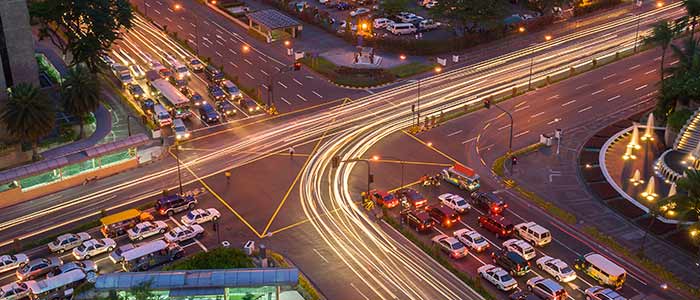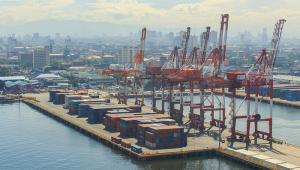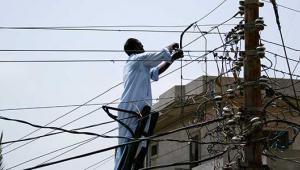Web_PhillippinesInfra_iStock_000023747736_Large.jpg

Manila, Philippines at rush hour
The World Economic Forum’s Global Competitiveness Report 2014-15 ranked the south east Asian country 95 out of 144 countries for infrastructure quality and this lack of progress is a drag on its economy. A national programme to boost public-private partnerships in the Philippines was recently revived by the government.
Juan Luis Gomez, principal public management specialist at the ADB’s Southeast Asia department, said PPPs are vital for infrastructure development and a sustainable economy and further reforms are needed to ensure they continue increasing in the Philippines.
“These loans will help the government to pursue policy reforms clearing obstacles to PPPs and increasing long-term private sector finance,” he said.
One $300m loan is earmarked to promote public-private partnership projects with the aim of increasing private participation in infrastructure investments. The second loan, for the same amount, supports policy changes to deepen the non-bank financial sector that it is hoped will unlock more long-term private funding for infrastructure.
The Philippine government needs to address right-of-way issues, find ways to tap into capital markets, design infrastructure master plans and complete its legal and regulatory frameworks.
The PPP loan will boost capacity and staff for the government’s PPP programme and help set up systems to assess and budget for acquisition and community resettlement.
The second loan will reform the government bond market, help revise its insurance code to increase appetite for long-tenor investments and work to create incentives to increase the country’s pool of long term savings.
Stephen R. Schuster, a senior financial sector specialist at the ADB’s southeast Asia department, said reforms to create an “enabling environment” for the non-bank financial sector were necessary because changes regulation changes had made long-term lending unattractive to banks.













